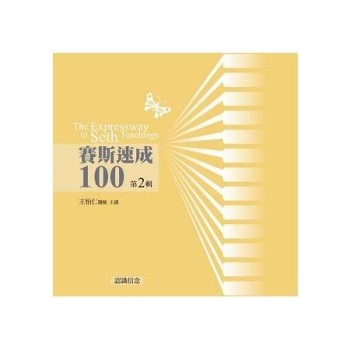At a time of unprecedented levels of change in the production of building materials and their deployment in construction, better theoretical and historical tools are needed to understand these new developments and how they are altering the practices and concepts of architecture. Building Materials offers a radical rethink of how materials, as they are constituted in architectural practice, are themselves constructed and, in turn, uncovers a vast and neglected resource of architectural writing about materials as they are mobilized in architecture.
The book is unique in conceiving architectural specification as a starting point for architectural theory, arguing that how materials are prescribed - through a range of practices from the literal processes of procurement and manufacture to epistemological, contractual, social and economic frameworks - radically alters their potential in architecture. Drawing on the work of French philosopher Gilbert Simondon, as well as close readings of everyday specifications from the 18th to 21st centuries, the book reveals that materials do not pre-exist their shaping or use in the world, but come into being through the processes that constitute them.
The book addresses three distinct methods of specification each through the lens of a different material - ’naming’ through timber, ’process-based’ through concrete, and ’performance specification’ through glass - in turn revealing how the process of architectural specification (or ’Preliminary Operations’ as Simondon puts it) allows for the development of specific relationships between material and function.
| FindBook |
有 1 項符合
Building Materials: Material Theory and the Architectural Specification的圖書 |
 |
Building Materials: Material Theory and the Architectural Specification 作者:Thomas 出版社:Bloomsbury Visual Arts 出版日期:2023-06-29 語言:英文 規格:平裝 / 272頁 / 23.39 x 15.6 x 2.54 cm / 普通級/ 初版 |
| 圖書選購 |
| 型式 | 價格 | 供應商 | 所屬目錄 | $ 2397 |
建築設計, 製圖與模型 |
|---|
| 圖書館借閱 |
| 國家圖書館 | 全國圖書書目資訊網 | 國立公共資訊圖書館 | 電子書服務平台 | MetaCat 跨館整合查詢 |
| 臺北市立圖書館 | 新北市立圖書館 | 基隆市公共圖書館 | 桃園市立圖書館 | 新竹縣公共圖書館 |
| 苗栗縣立圖書館 | 臺中市立圖書館 | 彰化縣公共圖書館 | 南投縣文化局 | 雲林縣公共圖書館 |
| 嘉義縣圖書館 | 臺南市立圖書館 | 高雄市立圖書館 | 屏東縣公共圖書館 | 宜蘭縣公共圖書館 |
| 花蓮縣文化局 | 臺東縣文化處 |
|
|
圖書介紹 - 資料來源:博客來 評分:
圖書名稱:Building Materials: Material Theory and the Architectural Specification
內容簡介
|











